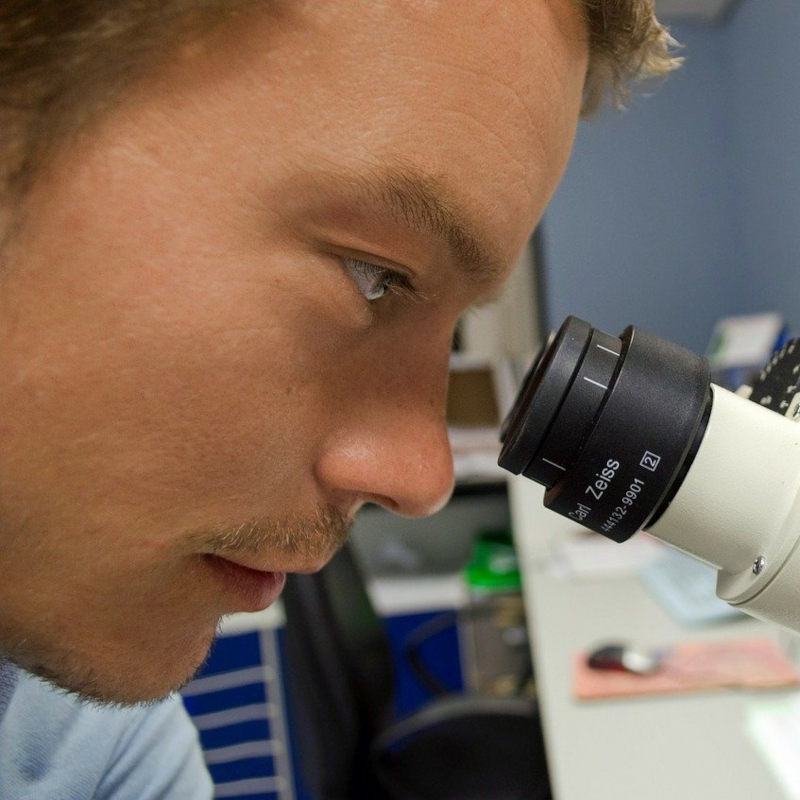We surveyed research scientists about their experience of peer review and received responses from 77 scientists across 30 countries and 6 continents.

To explore the theme of ‘Identity in peer review’ for this year’s Peer Review Week, we surveyed research scientists about their experience of peer review. We received responses from 77 scientists across 30 countries and 6 continents.
We asked questions ranging from how they first got into peer review, to positive and negative experiences, and barriers to being involved. The summarized results and comments can be downloaded in this report. Here we outline seven take-home messages.
1. A huge 89% of respondents indicated that reviewing adds to their personal feeling of identity within the research community
When researchers are given enough time to review interesting papers that are within their abilities and expertise, reviewing can be a rewarding experience. This is especially true when the process is collaborative and constructive and results in a better paper.
2. Time is the biggest barrier to review, and the burden is disproportionately loaded onto a small set of people
“Time, time, time, time. Peer reviewing properly takes time. I love it but especially now there is no time. Also, the university does not value it.”
“I do think that more junior researchers can be meaningfully involved in the peer review process more than they traditionally have been—this will help lighten the load on reviewers who receive too many requests.”
3. Early career researchers are not being involved early enough
Over half of our survey respondents started reviewing at PhD stage or earlier, however the remainder didn’t get invited until they were postdocs or even principal investigators. There is a proportion of early career researchers, often with English as a second language, that could be engaged at an earlier stage to spread the load and privilege of peer review more evenly. The responsibility for this lies both with the publishers and Editors in selecting reviewers, but also with senior academics to make sure that their students and more junior colleagues are being suggested.
“As a mature academic, I have used my opportunities to hand it down to my younger peers so that they can receive the same experience and build up their personal confidence.”
We would strongly encourage early career researchers to volunteer to peer review and ensure that they have an up-to-date website listing publications, as Editors will use this to determine whether you could be a suitable reviewer.
4. Co-reviewing is an important first step into peer review
Over half of respondents reported to have been first invited to peer review as a direct result of an academic connection, most often co-reviewing with a supervisor.
“I co-reviewed with my supervisor, and it was a good exercise for logic training and I gained more experience how to draft my own manuscript.”
5. Guidance and support for new reviewers needs improving
Over half of respondents indicated it was not completely clear what was expected of them in the early stages of being a reviewer.
“Insecurity, learning to describe the general concerns in constructive ways without necessarily trying to find solutions. Reviewing took very long and it was emotionally exhausting too, I felt great responsibility to get it "right".”
Journals should ensure that clear, journal-specific guidance is provided to reviewers, including clear information about decision options. We would recommend new reviewers to take advantage of training materials such as through the Web of Science Academy, and would recommend that you read our blogs on ‘Tips for good practice in peer review’ and ‘What makes a good or a bad peer review?’.
6. Reviewers need to feel more valued
Over half of respondents thought that more should be done to make peer reviewing a larger part of an individual’s academic identity, akin to a publication record.
“There is a much higher expectation to publish rather than review and reviews hold little weight in my academic department.”
However, there are also concerns about this:
“Peer review could be rewarded with greater 'credit' for having done it, but honestly, I fear that doing this will just add another layer of compulsory burden and stress. It could help people make time for peer review but at what cost?”
7. The role of the Editor is extremely important in the reviewer’s experience
Worrying, several respondents reported negative experiences relating to the behaviour of Editors. This detracts from reviewers’ satisfaction in the process.
“My worst experience involved reviewing a paper and providing what I thought was a strong justification for rejection. The paper was then accepted after a second round of reviews for which I was not invited.”
There is also a responsibility for journals and Editors to assess papers to ensure that they meet a basic level before sending it for review.
“Quite a few papers are so spectacularly bad it feels like an insult to be asked to spend time on them, they should never have been sent out to referees.”
These are just a small selection of the fascinating set of responses. Read the rest here.
Find out how to volunteer to review for the Royal Society’s journals, and the benefits that we offer our reviewers.




